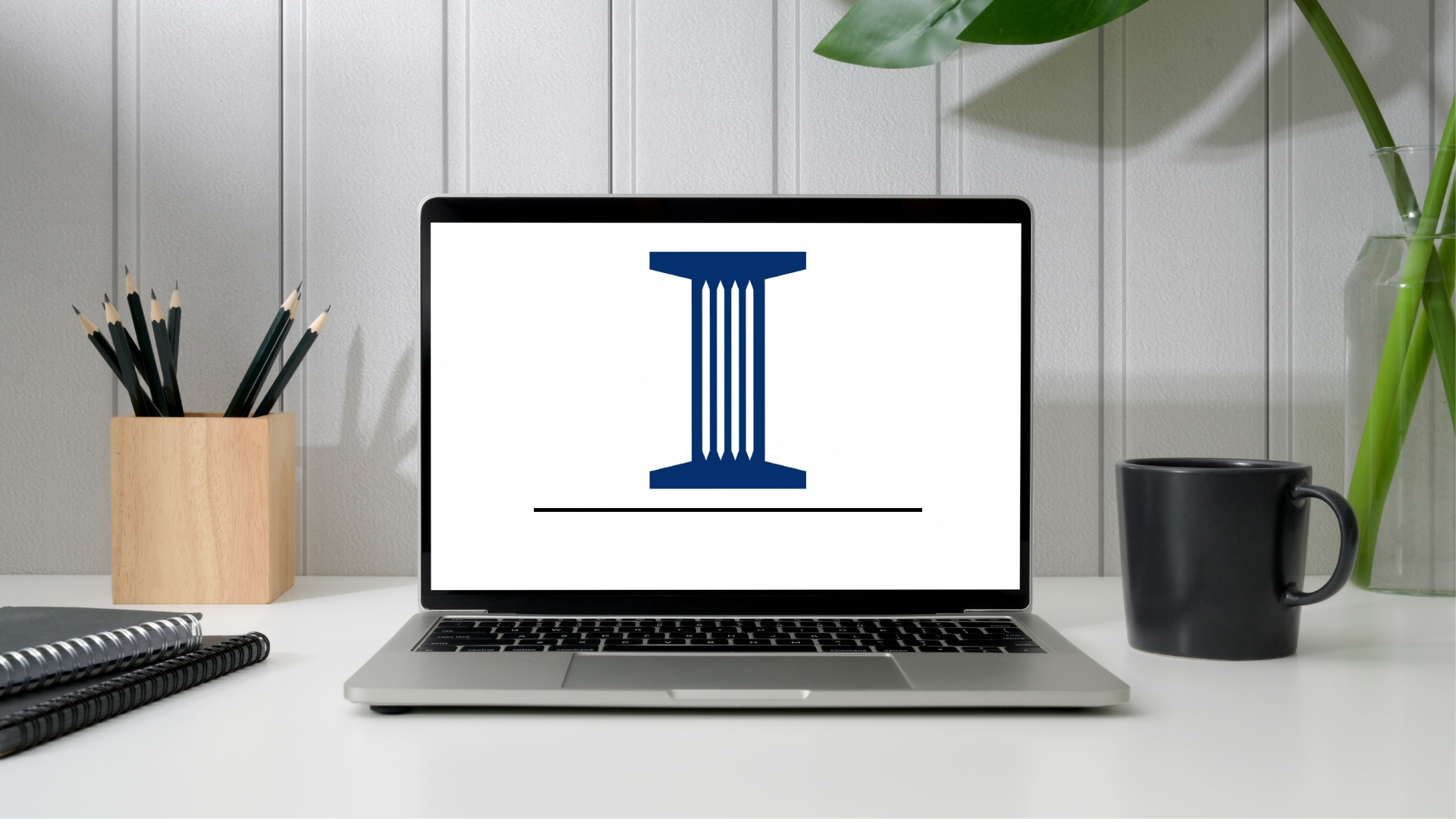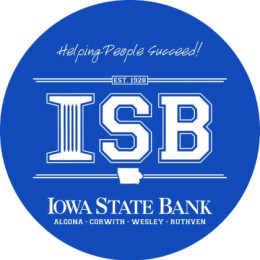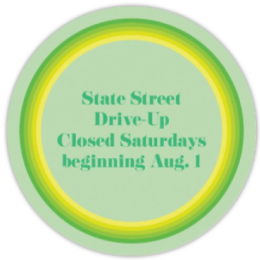
Despite a steep decline in the use of written checks -- 82% over the last 30 years, according to the Federal Reserve -- check fraud has become increasingly popular among criminals, resulting in billions in losses per year -- m ore than twice what it was five years ago!
Avoid being a victim of check fraud with these tips:
- Be careful with your mail. Criminals often steal checks through the m ail, either taking them directly out of your mailbox or robbing them from the blue U.S. Post Office mailboxes. If you are mailing a check, take it physically to the post office.
- Keep your checks in a secure location. Just like your personal information, it's important to safeguard your checkbook. When you're not using it, keep your checkbook and extra checks in a secure location.
- Pay bills online. Online bill pay tools make it easier to send money without worrying about your check being stolen. Use your bank's mobile app to set up automatic payments to pay your bills so you don't miss a payment and avoid the possibility of your check being stolen in the mail.
- Use account alerts. Consider using account alerts available in online and mobile banking for checks that you write, especially if you write very few checks.
- Use mobile payment apps. Mobile payment apps allow you to send money quickly without writing a check. Be sure to use strong passwords and multi-factor authentication when necessary to protect your personal financial information.
- Don't be a unwitting accomplice. Be wary of "fast money" offers on social media. Some fraudsters will inundate social media with offers of money to simply go into a bank and open an account. By accepting such an offer, you make yourself an accomplice in an illegal check fraud scheme.
- Review your accounts frequently. Checking your accounts regularly for suspicious activity is a critical step in stopping fraudulent activity and catching criminals who commit check fraud. Report an unauthorized transaction immediately to your bank to reduce the risk of financial loss.
As always, if you suspect fraud, or have questions about transactions, contact your local bank for assistance.
This message is brought to you in partnership with Iowa State Bank and the Iowa Bankers Association, April 2024.
Business Fraud Business Tips Consumer Tips Cybersecurity Fraud Prevention General
April 17, 2024 by Iowa State Bank









